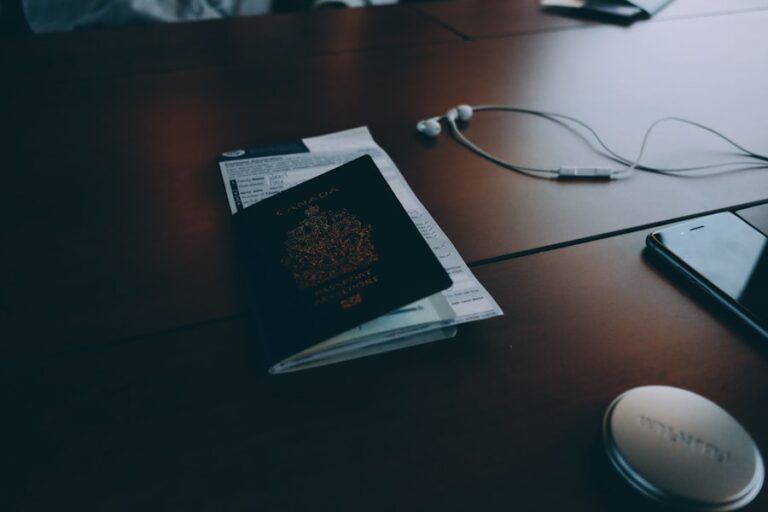The Evolution of Remote Work Laws in Malta: A Legal Perspective
Remote work has become a cornerstone of modern employment, driven by technological advancements and shifting workplace norms. In Malta, the legal framework around remote work is evolving to balance employee rights, employer obligations, and business flexibility. This article explores the current laws governing remote work in Malta, key considerations for employers, and future trends.
The Legal Framework for Remote Work in Malta
The Employment and Industrial Relations Act (EIRA), Chapter 452 of the Laws of Malta, serves as the primary legislation governing employment relationships. While EIRA does not explicitly address remote work, several regulations and directives provide guidance:
- Telework National Standard Order (S.L. 452.104):
- Defines telework as work carried out remotely using technology.
- Requires mutual agreement between employer and employee to transition to telework.
- Mandates clear terms in employment contracts, including work hours, equipment provision, and reimbursement policies.
- Health and Safety at Work Act:
- Extends employer responsibilities to the employee’s remote workspace, ensuring a safe and healthy environment.
- Work-Life Balance Directive:
- Aligns with EU directives promoting flexibility, indirectly supporting remote work arrangements.
Key Considerations for Employers
Employers implementing remote work policies must address the following areas:
- Employment Contracts:
Remote work arrangements should be explicitly included in contracts, specifying working hours, communication expectations, and use of company equipment. - Data Protection:
Employers must ensure compliance with the GDPR, particularly regarding secure data handling and remote access protocols. - Health and Safety:
Employers are responsible for conducting risk assessments of remote workspaces, either physically or through self-assessment forms completed by employees. - Tax and Social Security Implications:
Cross-border remote work may trigger tax residency and social security considerations. Employers should seek professional advice to avoid compliance issues.
Rights and Responsibilities of Employees
Remote work provides flexibility but comes with responsibilities:
- Right to Disconnect: Employees are entitled to rest periods and must not be obligated to work beyond agreed hours.
- Reimbursement of Expenses: Employees may be eligible for reimbursement for expenses incurred, such as internet or utility costs, if specified in their contract.
- Work-Life Balance: Remote work arrangements should not infringe on personal time, ensuring a healthy work-life balance.
The Future of Remote Work in Malta
The shift to remote work has spurred discussions on new legislative measures:
- Codifying Remote Work Laws: Future amendments to the EIRA or related legislation may explicitly address remote work to provide clarity and legal certainty.
- Hybrid Work Models: As many employers adopt hybrid models, laws may evolve to cater to the nuances of part-remote, part-office work.
- Enhanced Data Protection Standards: With increased reliance on technology, stricter regulations on cybersecurity and data protection may emerge.
Practical Tips for Employers and Employees
For Employers:
- Draft clear remote work policies, ensuring compliance with Maltese laws.
- Provide employees with necessary tools and training to work effectively.
For Employees:
- Clarify expectations with your employer, particularly regarding working hours and performance metrics.
- Maintain a safe and productive workspace to meet health and safety standards.
Conclusion
Remote work has transformed the employment landscape, offering both opportunities and challenges. As Malta continues to adapt its legal framework, staying informed about rights and obligations is essential for employers and employees alike. Clear policies and proactive compliance will pave the way for successful remote work arrangements.







